For an eighty-eight-year-old man who has spent only five days in the United States and doesn’t speak English,
Pope Francis is a surprisingly partisan observer of American politics. For most of his life he was, like a typical Argentinean, viscerally but vaguely anti-American. By the time he became pope in 2013, he and the Democratic Party had embraced the ideology of the globalist left. And so they forged an alliance — one the Pope may soon regret, now that Republicans in the White House and on Capitol Hill are beginning to grasp the scale of the Vatican’s corruption.
In 2016, Francis gave his blessing to the Hillary Clinton campaign’s Catholic front organizations, motivated not just by their shared obsession with anti-racism and climate change but contempt for Donald Trump.
On January 20, 2021, just before Joe Biden was sworn in as America’s second Catholic president, the Pope publicly undermined Archbishop José Gomez of Los Angeles, who as president of the US bishops’ conference had drafted a statement praising Biden’s piety and social conscience but deploring his hardline support for abortion. The bishops’ statement was mysteriously spiked until after the ceremony, reportedly on the orders of the Vatican.
Naturally, the Pope is horrified to find Trump back in the Oval Office. In 2024, the Vatican didn’t try to harvest votes for his opponent. There was little point, given Democratic nominee Kamala Harris’s history of baiting Catholic judges, her embrace of gender ideology and her decision to boycott the Al Smith dinner, the major charity event in the US Church’s calendar. In November, Trump extended his lead among Catholics from five points in 2020 to fifteen.
But if Francis could do nothing to stop increasingly conservative US Catholics from supporting his arch enemy, he could at least punish them. On January 7 he announced that Cardinal Wilton Gregory, the retiring archbishop of Washington, would be succeeded by Cardinal Robert McElroy, the current bishop of San Diego.
This Pope is one of the most relentless score-settlers in the history of the papacy. It’s a character trait he shares with the 45th and 47th President of the United States — an unpleasant one, to be sure, though sometimes it’s hard to keep a straight face at the sight of such old men taunting their enemies like schoolboys.
Making Bob McElroy the archbishop of the nation’s capital, however, is more than an act of petty revenge. It’s a disgrace. No one in the American church has benefited more from Francis’s vengefulness than McElroy, who will be seventy-one when he moves to Washington in March. Since 2015, he has been the bishop of San Diego, a suffragan see of the metropolitan Archdiocese of Los Angeles. Unlike José Gomez, therefore, he does not have the title of archbishop.
There’s nothing unusual about a pope promoting a middle-ranking bishop to a major see such as Washington, which includes the District of Columbia and parts of neighboring Virginia and Maryland. The oddity is that since 2022 Bishop McElroy, who ministers to 1.3 million Catholics in San Diego, has been a cardinal, while his boss in Los Angeles, the Mexican-born Archbishop Gomez, shepherd of 4.3 million Catholics, has failed to receive a red hat in any of Francis’s ten consistories.
As a result — incredibly — the Catholic Church in the United States has still to acquire its first Hispanic cardinal.
The elevation of Robert McElroy shows Francis at his most petty-minded and authoritarian. McElroy is the most left-wing member of the US hierarchy. His nickname among Catholic conservatives is “the Wicked Witch of the West.” He detests Trump, opposes immigration reform, supports women’s ordination, cancels Latin Masses and opposes “dividing the LGBT community into those who refrain from sexual activity and those who do not.” He also thinks the Church focuses too much on abortion.
He is, however, careful to express his opinions in the dad-dancing jargon of “synodality” — a kitchen-sink catch-all term for ideas about greater lay and clerical interaction in the Church — adopted by ambitious clerics under Francis. Amusingly, he claims that Harvard taught him to write with “more clarity and elegance.” One shudders to think what his prose was like beforehand: his recent lectures on “radical inclusion” remind one of Mark Twain’s description of the Book of Mormon, “chloroform in print.”
Interestingly, although McElroy has always been conspicuously pro-Francis, he nearly didn’t get the Washington job. According to the Pillar, an American Catholic news website to which high-ranking clerics in Rome leak stories, the Pope had decided last autumn against appointing McElroy after his nuncio to the United States, Cardinal Christophe Pierre, advised him that he would be too “polarizing.”
But in December Trump announced that he had selected Brian Burch, founder of the uncompromisingly pro-life (and pro-MAGA) organization CatholicVote, to be his ambassador to the Holy See. At which point Francis made the tit-for-tat appointment of McElroy to Washington.
Non-Catholics understandably feel that the Church, by electing Francis to a position of supreme authority, only has itself to blame. But in fact there is a reason why all Americans, including the Trump administration, should feel uneasy about the nomination of Cardinal McElroy.
Washington is the nation’s most corrupt diocese, thanks in part to its for- mer archbishop, ex-cardinal Theodore McCarrick, a serial abuser of seminarians. After McCarrick’s retirement in 2006, Benedict XVI, having heard about the bed-hopping “Uncle Ted,” ordered him to keep a low profile.
McCarrick was spectacularly rehabilitated by Francis, who sent him around the world as an unofficial emissary. During these years he helped negotiate the Vatican’s notorious pact with Beijing; only when he was charged with child abuse did the Pope laicize him. Now aged ninety-four, he is too senile to stand trial.
Many bishops and two popes were warned about McCarrick, though the Vatican has kept all the most sensitive details secret. What we do know, however, is that in 2016 America’s foremost authority on clerical sex abuse, the late Richard Sipe, wrote to Bishop Robert McElroy of San Diego, with whom he had previously discussed the matter, telling him that, “I have interviewed twelve seminarians and priests who attest to propositions, harassment, or sex with McCarrick.”
To quote the Pillar: “After he received that letter, McElroy declined to meet with Sipe again. Even when Sipe hired a process server to hand-deliver a letter, McElroy turned down a meeting — saying later that Sipe’s apparently desperate behavior indicated he was untrustworthy.”
McElroy later claimed that Sipe’s “information” was passed on to Rome, but we still do not know whether that information consisted of the letter, or who was responsible for sending it on. At any rate, there was no “radical inclusion” for Uncle Ted’s victims until the Vatican was forced to remove him from public ministry in 2018.
Cardinal McElroy’s responsibility for this state of affairs is impossible to assess because he has said so little. And that, rather than any point-scoring between Francis and Trump, is why his appointment to Washington is a disgrace.
It’s also a dangerous move for an increasingly isolated Pope Francis, who bases his decisions on a cursory reading of left-wing newspapers and the opinions of a few pathologically anti-American advisors. As a result, he understands neither US politics nor the American Catholic Church, which is not — as Francis likes to hint — being manipulated by neofascists but, rather, utterly sick of being forced to listen to drivel about “synodality” while the Vatican continues to protect sex abusers and money-launderers.
Recently American Catholics were horrified to see that the Pope still keeps in his apartment a piece of art by his friend Fr. Marko Rupnik, expelled from the Jesuits after he was credibly accused of raping religious sisters in a community he founded. Unbelievably, Francis has yet to laicize him. And there are several other disturbing cases in which the Pope appears to have intervened personally to protect suspected and even convicted clerical abusers.
Until recently, the Vatican press corps suppressed these stories in much the same way as their White House counterparts tried to hide Joe Biden’s dementia. But some of Francis’s most loyal propagandists have now left Rome, and the flow of new scandals continues.
We still have no idea, for example, why the Pope’s chief of staff, Archbishop Edgar Peña Parra, last year tried to restore to ministry a defrocked Argentinian priest, Ariel Príncipi, who had been twice convicted of child sex abuse.
Something else we don’t know is what happened to ex-cardinal McCarrick’s “Archbishop’s Fund,” from which Uncle Ted disbursed hundreds of thousands of dollars to friends and allies from 2001 until 2018, when he surrendered it to the Archdiocese of Washington. His immediate successor, Cardinal Donald Wuerl, who was forced to resign after being accused of lying about what he knew about McCarrick, has not been forthcoming. Nor has Cardinal Gregory, another McCarrick ally.
Will Cardinal McElroy clear up the mystery? It seems unlikely, but perhaps he will be forced to. He knows he is unpopular with priests and laity in the diocese, who include some of America’s most influential conservative Catholic thinkers. They have been keeping a close eye on the Vatican scandals and are also increasingly alarmed by the wretched China deal brokered by McCarrick. Put simply, it gives the Communist Party total control over the appointment of Vatican-sanctioned bish- ops in China. Even Nancy Pelosi thinks it is a disaster. As she put it last December: “Let me say it this way: ‘Thou art Peter, and upon this rock I will build my church.’ Every bishop has sprung from that rock. And now, the Chinese government?”
Is there a connection between the Vatican’s surrender to Beijing and McCarrick’s slush fund? Pope Francis has been extremely lucky that the legacy media, still gushing over his pronouncements on climate change, has declined to investigate the matter.
If that changes under Trump 2.0, it is likely to have more to do with the vice president than the President. J.D. Vance is a Catholic convert who, at the end of January, took the US bishops to task for encouraging the influx of criminal migrants.
Someone needs to brief Vance about the threat to America’s security posed by the smallest state in Western Europe, which in addition to turning a blind eye to sexual scandals worthy of the Borgias is now thoroughly infiltrated by far-left spies who happen to be valid bishops. That’s not an excuse for trying to manipulate the outcome of the next conclave, but it is a reason to subject the Vatican and its criminal associates in the United States to the scrutiny they deserve.
This article was originally published in The Spectator’s March 2025 World edition.



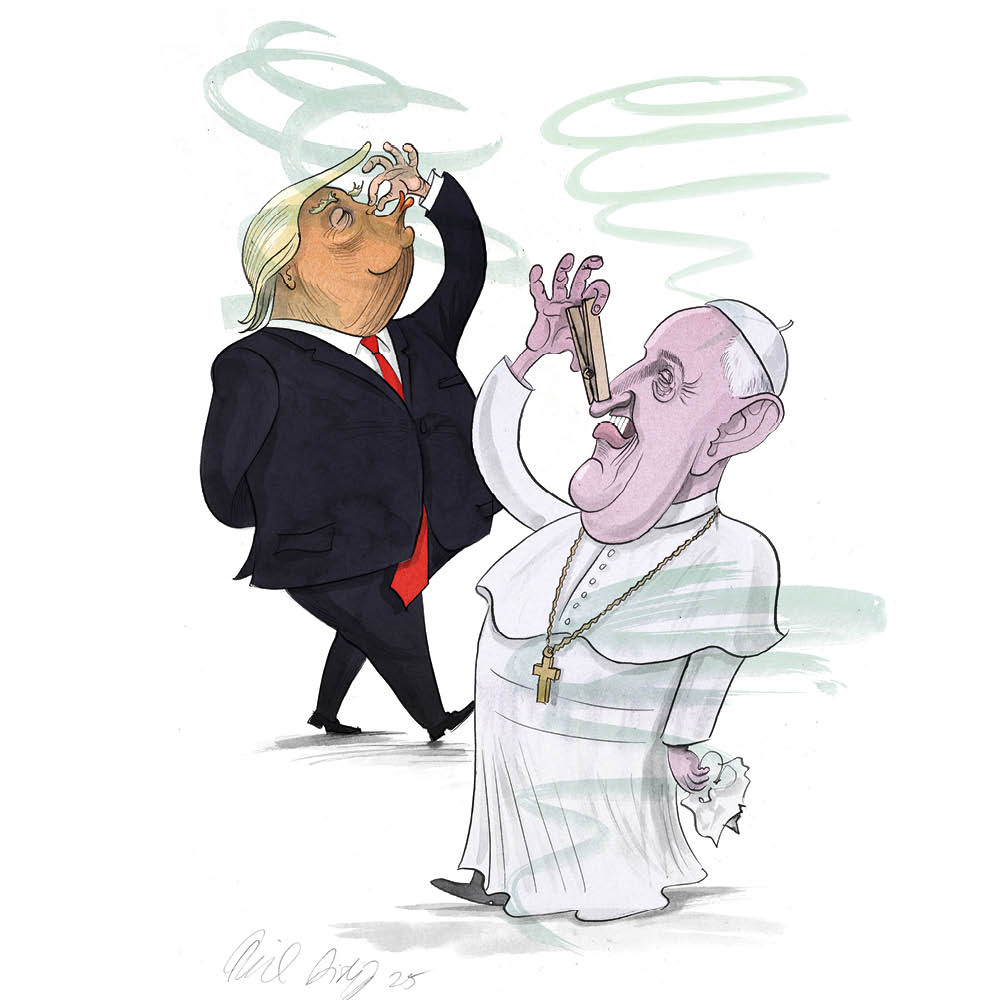







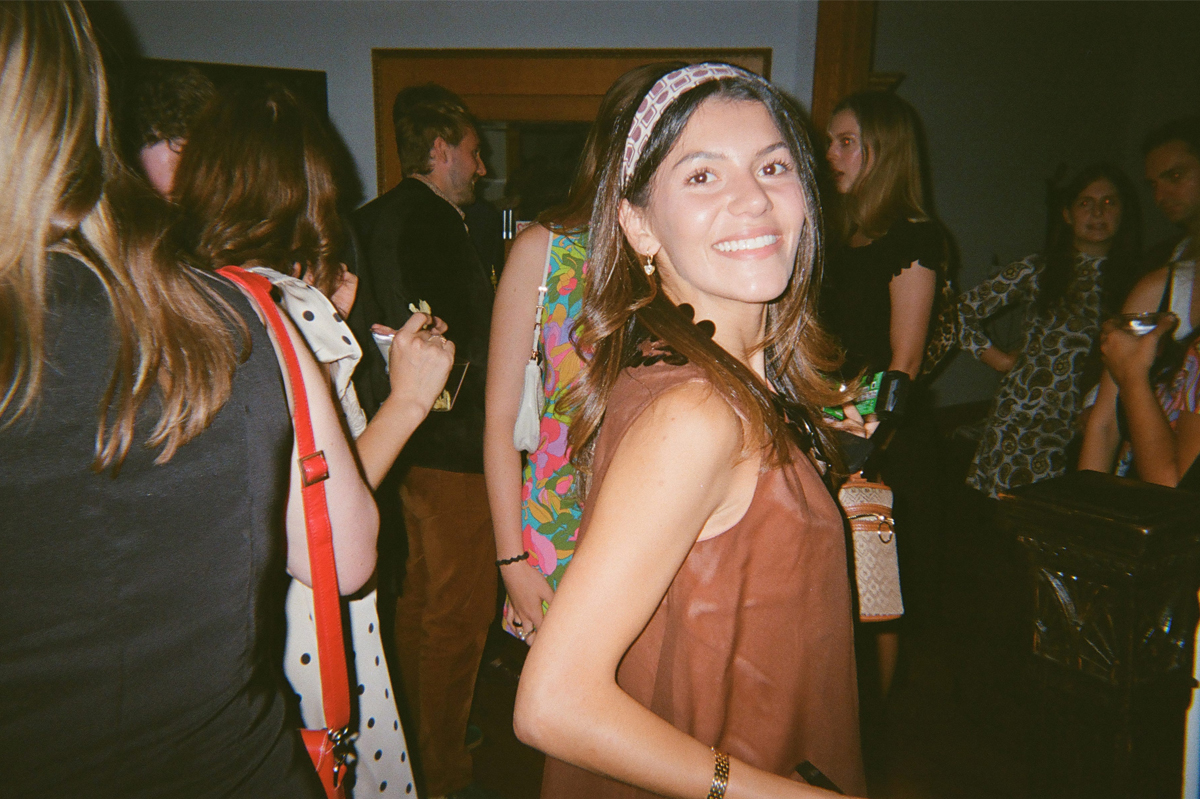
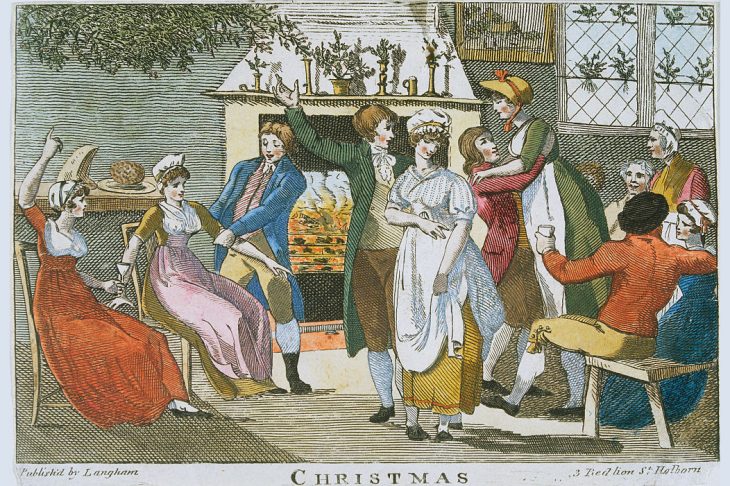

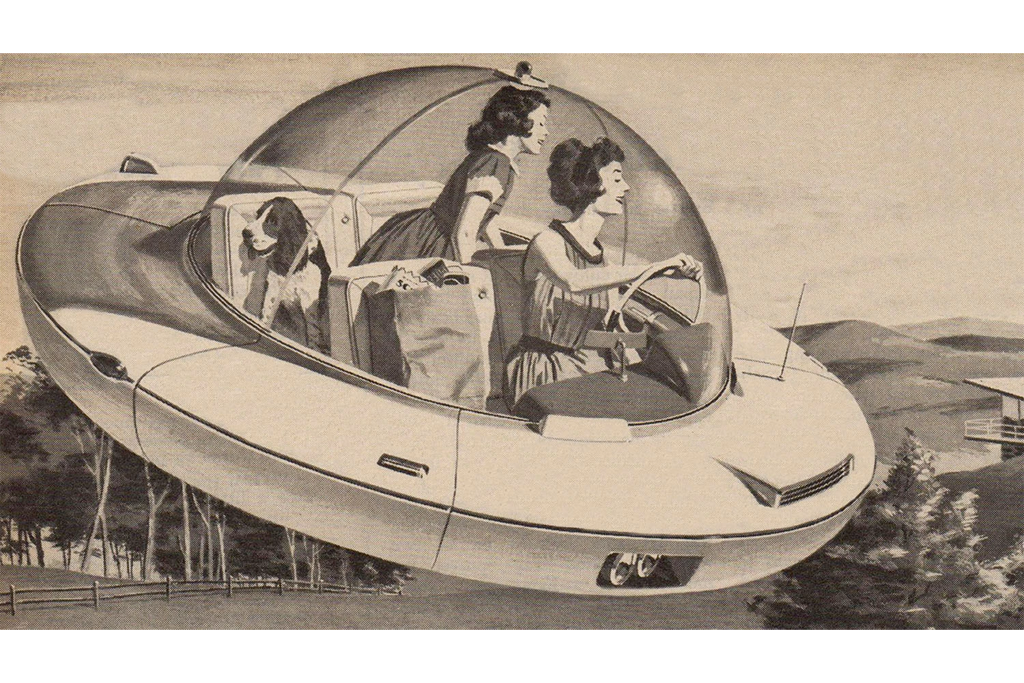
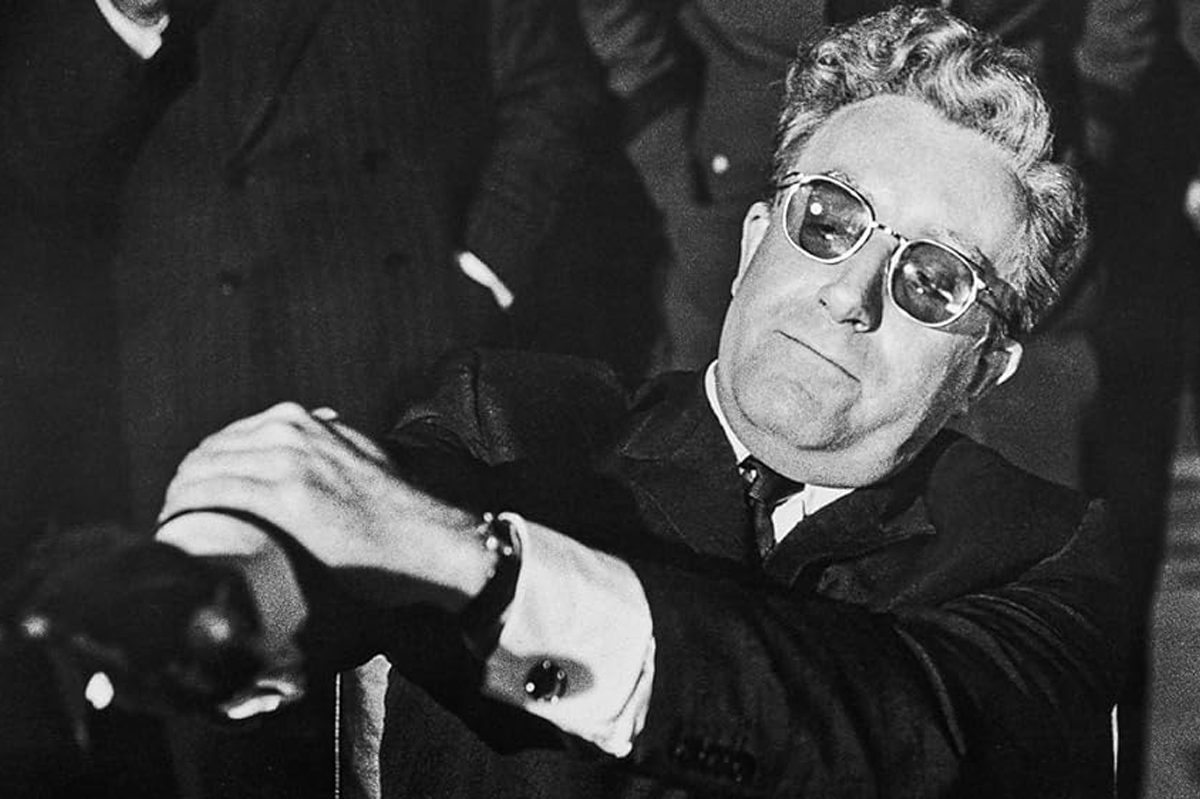







Leave a Reply